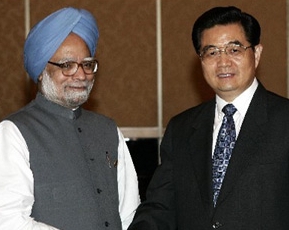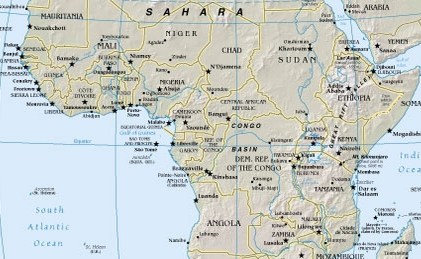
On Dec. 18, President George Bush signed into law the United States-India Peaceful Atomic Energy Cooperation Act (H.R. 5682). On Dec. 13, Chinese Foreign Ministry spokesperson Qin Gang had resolved months of ambiguity by indicating Beijing’s acceptance of the proposed U.S.-Indian nuclear deal. In response to a question about the proposed legislation, Qin Gang said: “We consider the cooperation between countries to use nuclear energy for peaceful purposes will be beneficial to maintain the principles and effectiveness of international nuclear nonproliferation.” U.S. President George W. Bush and Indian Prime Minister Singh announced in July 2005 they would pursue a bilateral […]


